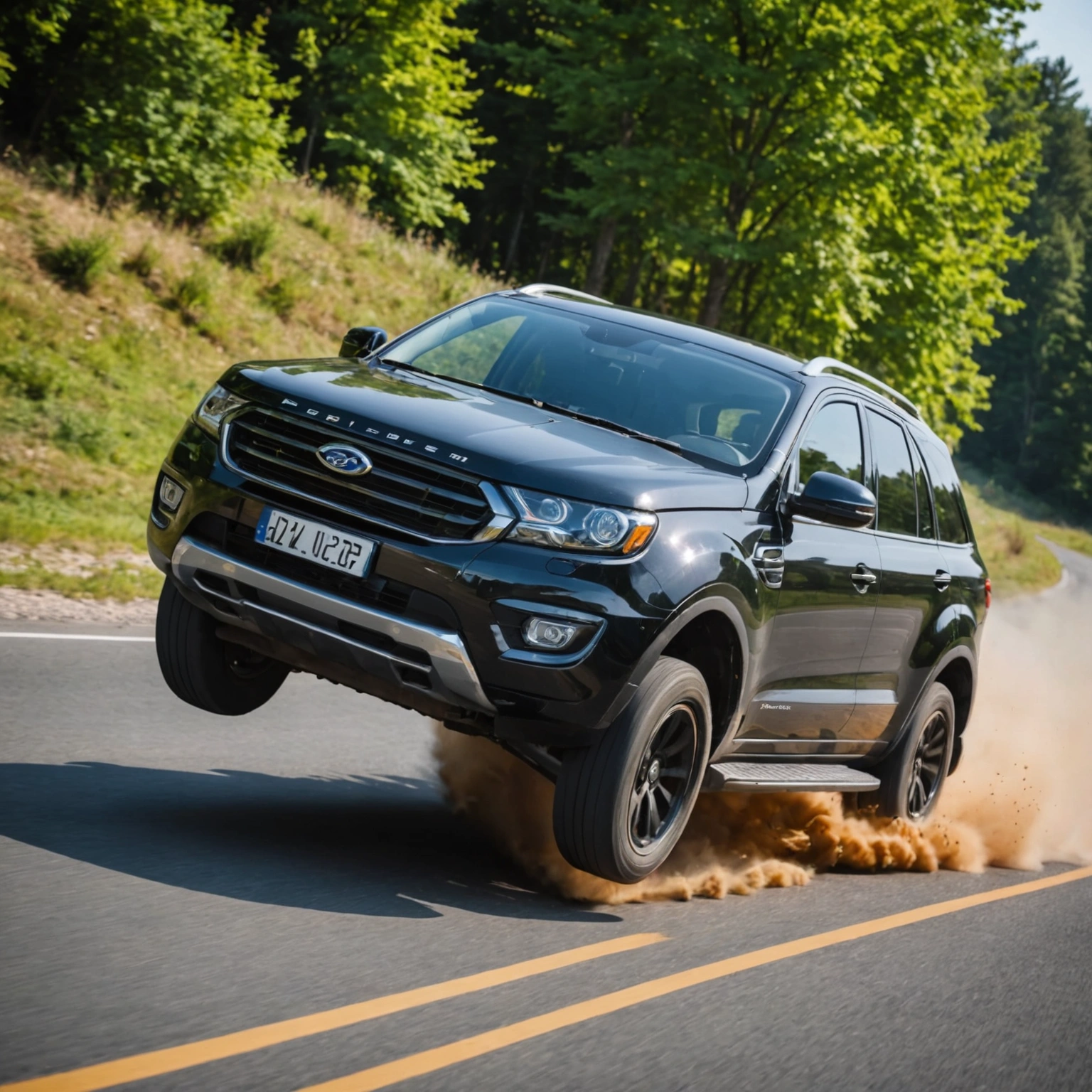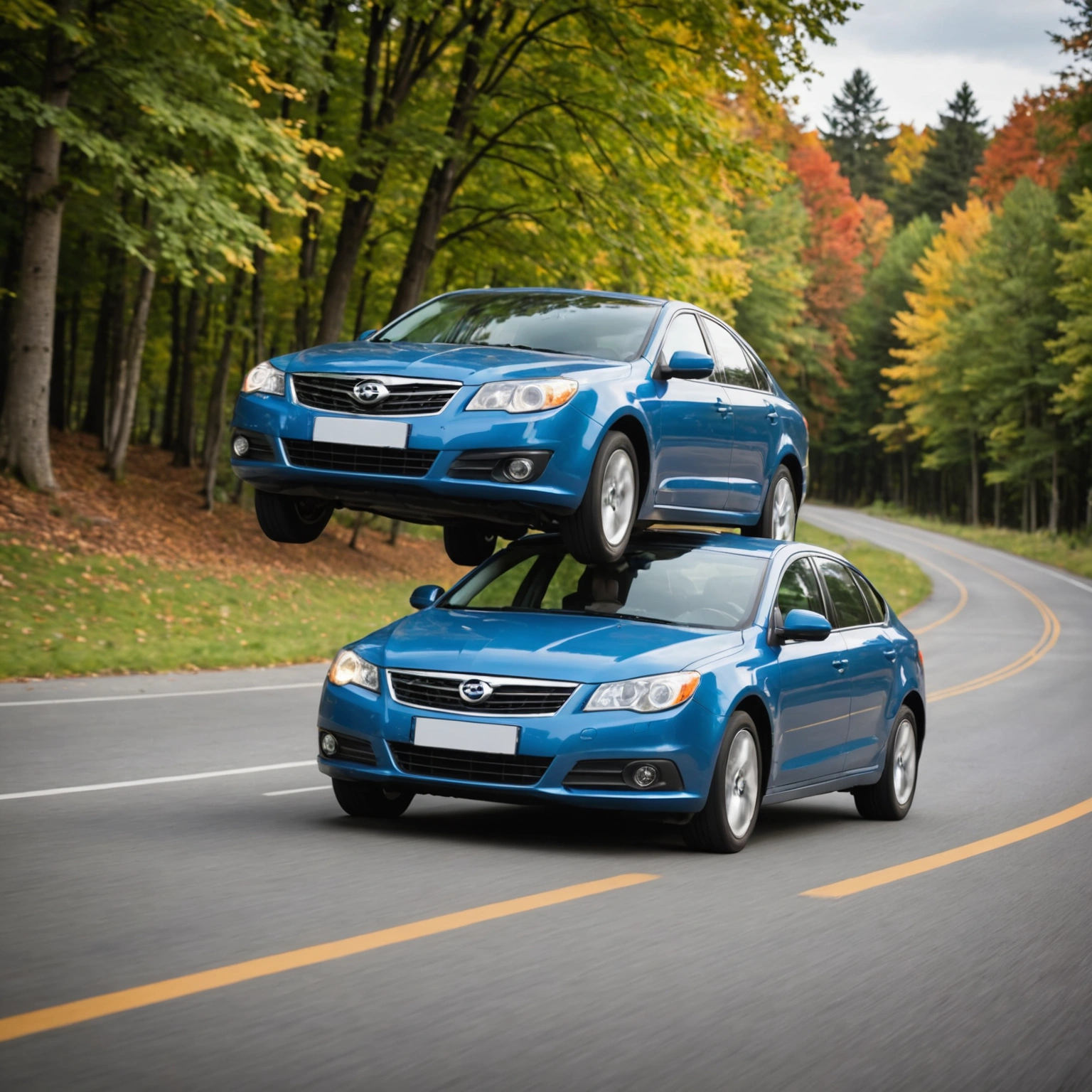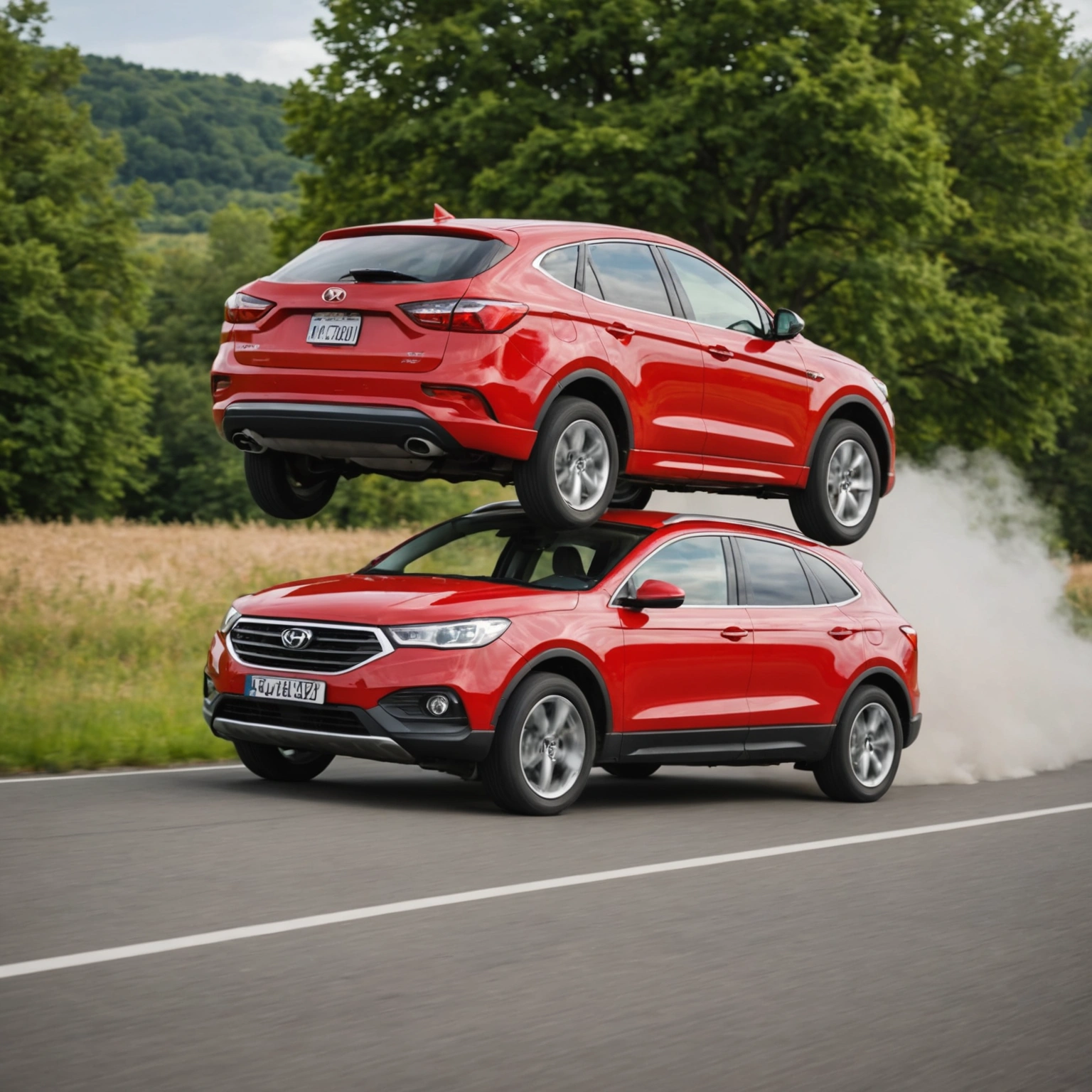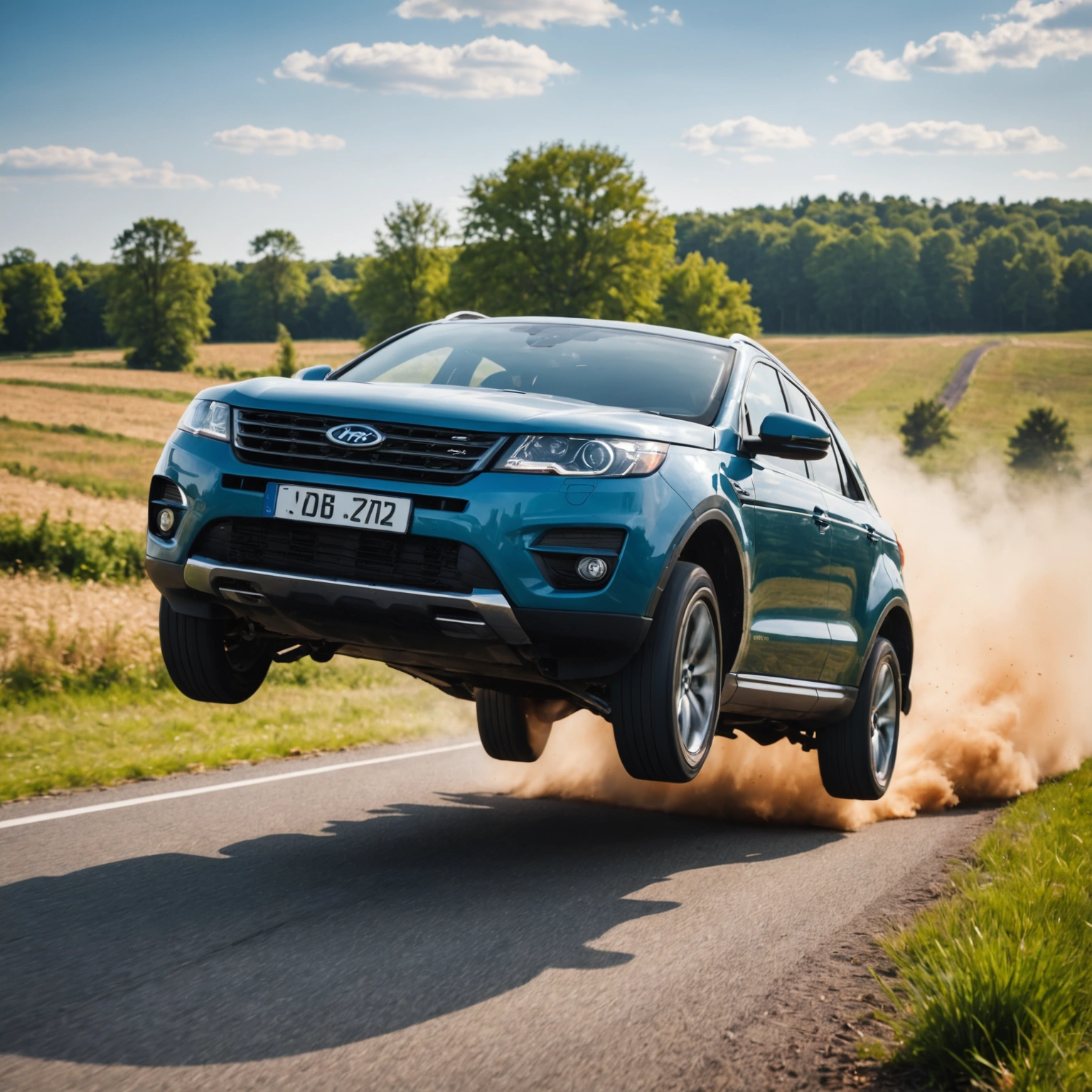**Why Does My Car Jump When I Stop? Understanding the Causes and Solutions**
If you’ve noticed your car jerking or jumping as you come to a stop, you’re not alone. This common issue can be unsettling and sometimes confusing. Understanding the underlying causes can help you determine whether it’s something you can fix yourself or if professional attention is needed. Let’s explore the most common reasons why your car might jump when you stop, along with potential solutions.

### 1. **Worn or Dirty Spark Plugs**
**Cause:** Spark plugs ignite the air-fuel mixture in your engine’s cylinders. Over time, they can become worn or dirty, leading to misfires or inconsistent combustion. This can cause the engine to hesitate or jerk during deceleration.

**Solution:** Inspect and replace spark plugs if they are worn or fouled. Regular maintenance according to your vehicle’s service schedule can prevent this issue.
### 2. **Dirty or Faulty Idle Air Control Valve (IACV)**

**Cause:** The IACV manages the engine’s idle speed by allowing air to bypass the throttle plate. If it’s dirty or malfunctioning, it can cause irregular idle, resulting in jumping or stalling when stopping.
**Solution:** Cleaning or replacing the IACV can restore steady idle behavior. A professional mechanic can diagnose and service this component.

### 3. **Issues with the Transmission**
**Cause:** For automatic transmissions, a slipping or malfunctioning transmission can cause your car to lurch or jump when coming to a stop. For manual transmissions, clutch problems or worn brake components can also contribute.
**Solution:** Transmission fluid should be checked and replaced if dirty or low. If issues persist, a transmission specialist may need to diagnose internal components.
### 4. **Unstable or Faulty Fuel System**
**Cause:** A clogged fuel filter, failing fuel pump, or dirty fuel injectors can cause inconsistent fuel delivery, leading to engine hesitation and jerking during deceleration.
**Solution:** Regular fuel system cleaning and replacing clogged filters can improve performance. Persistent issues may require professional inspection.
### 5. **Suspension and Brake System Problems**
**Cause:** Worn suspension components or uneven brake wear can cause the vehicle to jerk or jump when stopping.
**Solution:** Have your suspension and brake systems inspected regularly. Replacing worn shocks, struts, or brake pads can improve ride smoothness.
### 6. **Engine Mounts That Are Worn or Broken**
**Cause:** Engine mounts keep the engine securely in place. Worn or broken mounts can cause excessive engine movement, especially during deceleration, resulting in noticeable jumping.
**Solution:** Replacing faulty engine mounts restores stability and smoothness during stops.
—
### Conclusion
A car that jumps when you stop can be caused by various issues, ranging from simple maintenance needs to more complex mechanical problems. Regular vehicle maintenance, such as checking spark plugs, cleaning the fuel system, and inspecting the suspension, can often prevent these issues. However, if you notice persistent or worsening symptoms, it’s best to consult a qualified mechanic to diagnose and fix the problem promptly.
**Remember:** Prompt attention to car jerking issues not only improves your driving comfort but also helps prevent further damage and costly repairs down the line. Stay safe and keep your vehicle in top condition!

